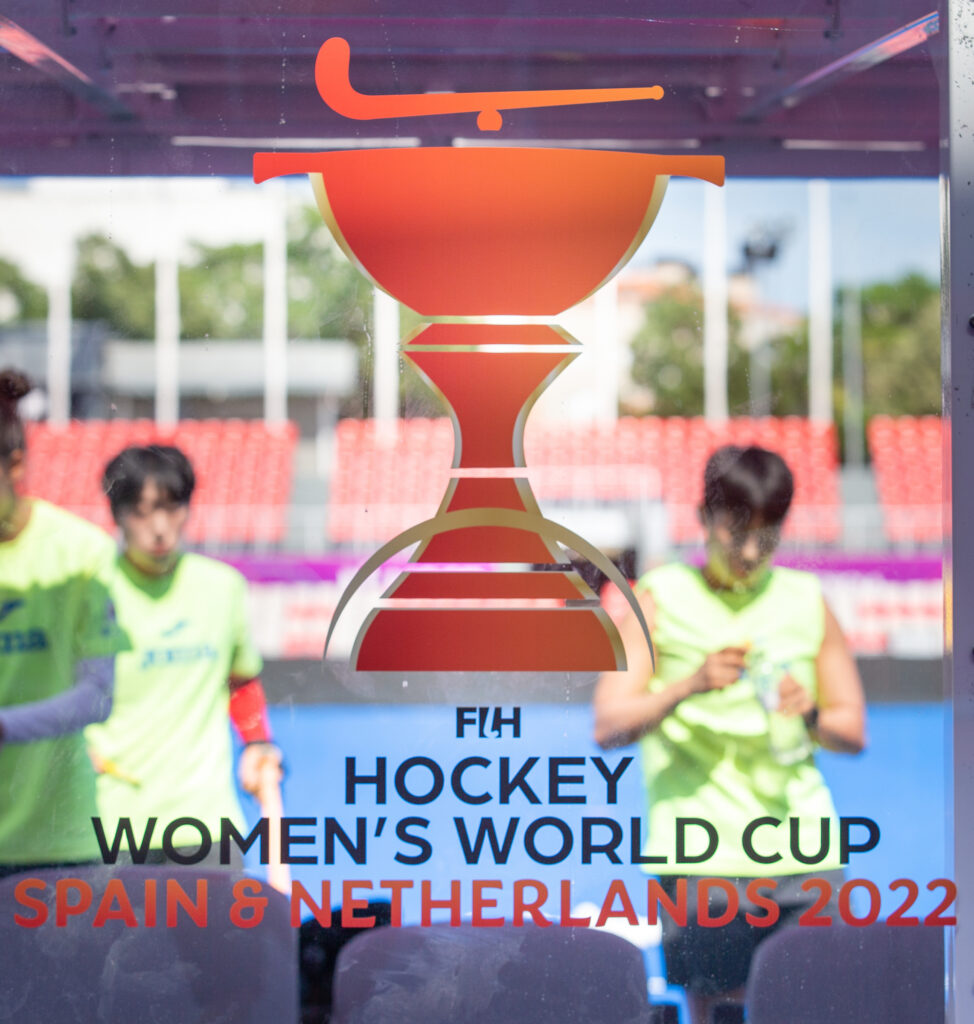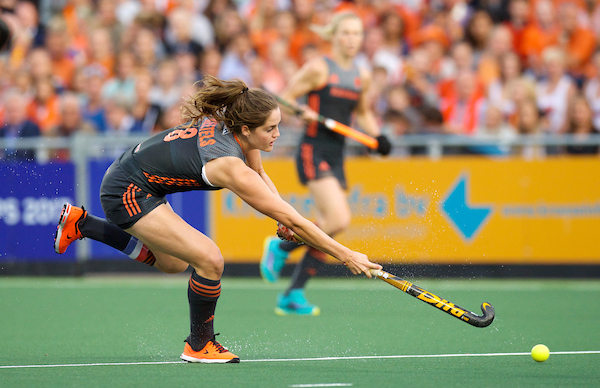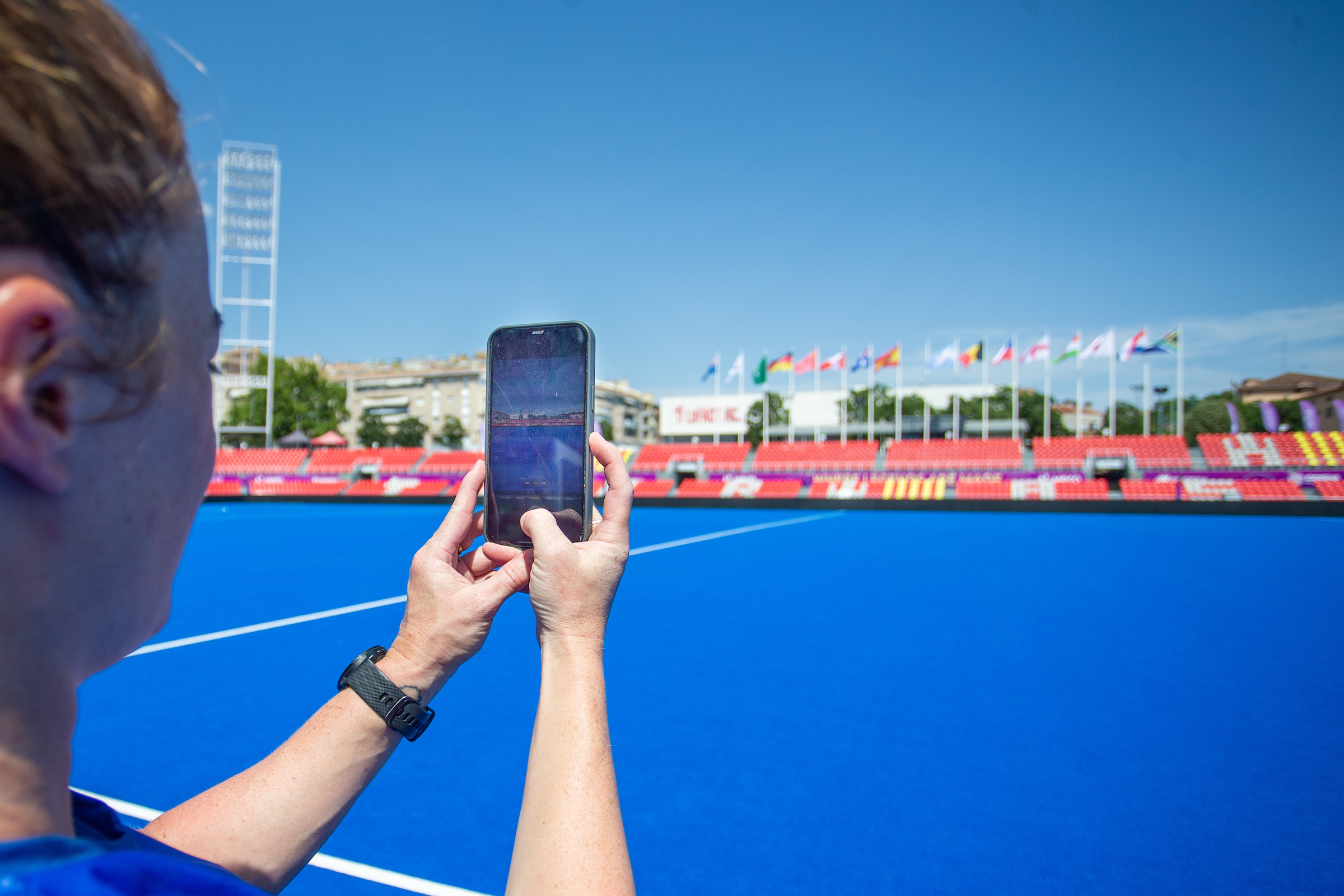- The opening match will see hosts Spain taking on Canada, on July 1, in Terrassa. Full fixtures and match schedule are here.
- All The Hockey Paper’s FIH World Cup coverage is here
- All 16 World Cup squad kits ranked and rated
For many, this Women’s Hockey World Cup will be a World Cup with a difference. With it being held in two different cities, the tournament provides many teams with challenges not normally met in a major tournament that don’t lie on the hockey field. Logistically this would have had to be an incredible challenge for the organisers of this tournament.
Two cities and 16 teams, so how does that work?
As with the previous World Cup the teams are divided into four pools. In the Pool phase each team will play the team in their pool once. The first pool phase will take place within a six-day period with one rest day in between.
Top team in the pool moves directly into the quarter finals. Numbers 2 and 3 will then play a cross-over match to qualify for the quarter finals. Number 4 will play for positions 9-16. Sounds easy, right?
Pools A and B will be played in Amsterdam and Pools C and D will be played in Terrassa, Spain.
Pool A, with the Netherlands in the pool, will stay in Amsterdam up until and including the quarter-finals. Pool C, with fellow co-hosts Spain in the pool, will stay the entire tournament at home. If you win your pool, you stay in the country you played your pool matches in.
Teams that play in Pool B and D and come second or third in the pool have two “rest days” between pool matches to travel and prepare for cross-over matches that will qualify them for a possible quarter-final game. That’s a pretty important match for those teams; Pool B travelling from Amsterdam to Spain and Pool D from Spain to Amsterdam.

The teams that finish fourth in their pool will stay in the country they play the pool matches and play the losers of the cross-overs in that country, for rankings 9-16.
The teams that finish first in their pools will have a six or seven-day rest between pool games and quarter-final.
After the last eight fixtures are played, teams that played in Amsterdam will have three “rest days” to travel to Terrassa, Spain to then play the semi-finals and finals. For those teams the quarters, semis and finals will be played within a six-day period with three ‘rest days’ and for teams playing in Terrassa the same number of games will be played in five days with two rest days with no travel days in between.
If you are in Pool D and finish second or third, win your cross-over and your quarter-final you find yourself travelling back to where you played your pool matches.
So, before the tournament starts one could assume a few things.
Pool A with potential semi-final teams Netherlands and Germany will have their World Cup interrupted by travel once being before the semi-finals, travelling to Spain from Amsterdam.
Pool B with a tight Pool will have their World Cup interrupted by travel once, by either before travelling to Spain from Amsterdam for the semi-finals or a week before hand for the quarter-finals/crossovers
Pool C, with potential semi-final teams Spain and Argentina, will not have their World Cup interrupted with travel at all giving them an advantage of rest and recovery during the tournament.
Pool D, with potential semi-final teams Australia and Belgium, will have their World Cup interrupted by travel twice in the tournament. Travelling from Spain to Amsterdam to play crossovers and quarter finals and travelling back to Spain if they win their quarter finals.

Aside from the travel differences, there are other differences that pose as challenges prior to the tournament starting. Having the tournament in two different cities means having some sort of scouting system in place to have games in other pools analysed, the costs of travelling back and forth, booking hotels and flights with the possibility of having to travel, rest and recovery limited for some and extensive for others.
The last challenge will be the difference in temperature and playing times. Whilst in the Netherlands the temperature may be warm it will not reach the scorching temperatures that are met in Spain.
Due to the weather, games in Spain will be played between 18hrs and 21:30hrs (excepting the ranking matches that will be played in the middle of the day in the scorching heat) whilst in Amsterdam the last matches will be played at 19:30. That is a two-hour time difference with a possible temperature difference of 10 degrees.
With the tournament upon us, I am certainly interested in how this will end. For me I will be coaching a new team in China, with a new challenge during this World Cup. I will not be coaching a team defending their title but one wanting to reach new heights. They are exciting times.




